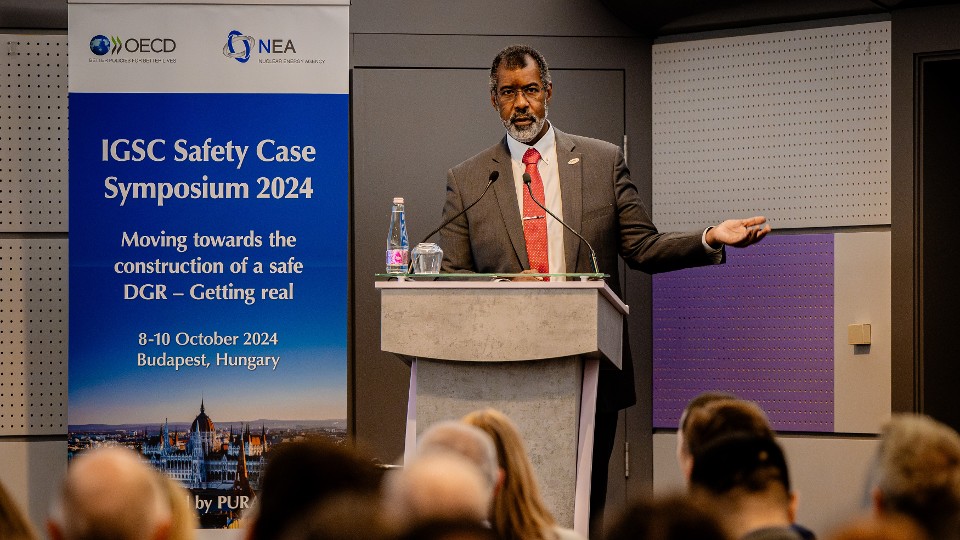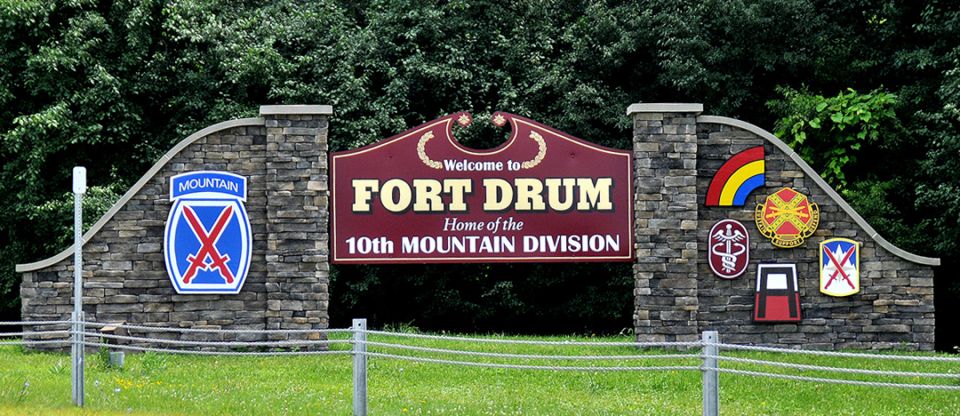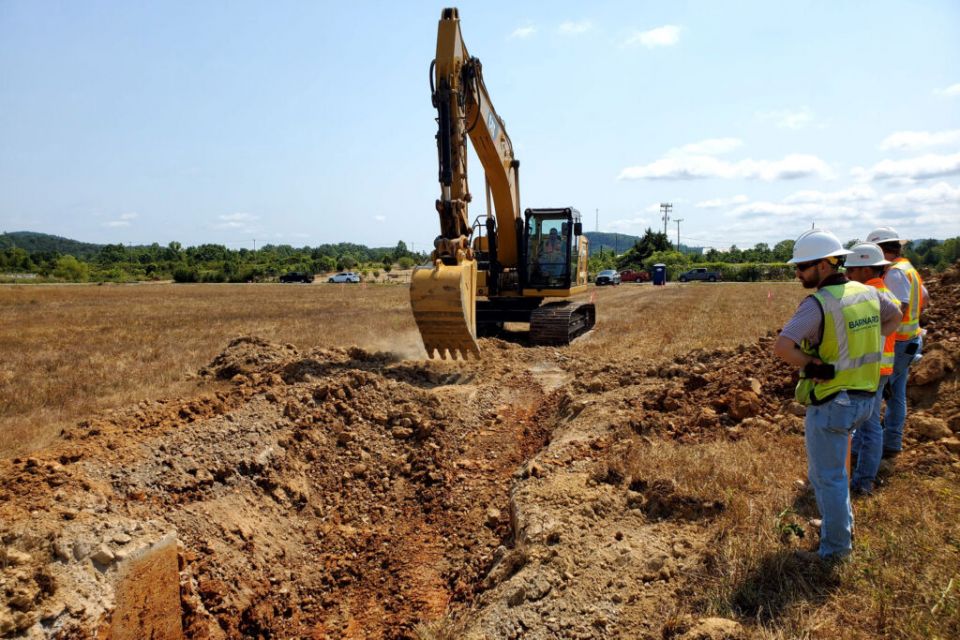Illinois lifts ban on some new nuclear construction
Illinois Gov. J. B. Pritzker returned to the good graces of the nuclear community last Friday, signing H.B. 2473, a bill that partially lifts the state’s decades-long moratorium on new nuclear power builds by permitting the construction of small modular reactors.
Pritzker had vetoed similar legislation, S.B. 76, in August, saying in a veto message that the bill included an overly broad definition of “advanced reactors,” which would “open the door to the proliferation of large-scale nuclear reactors that are so costly to build that they will cause exorbitant ratepayer-funded bailouts.” Pritzker had also asserted that S.B. 76 lacked “regulatory protections or updates to address the health and safety of Illinois residents who would live and work around these new reactors.”







